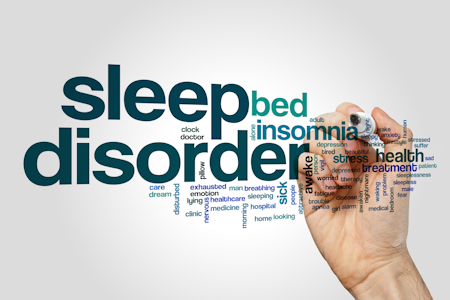 Many conditions are classified as sleep disorders. Stress, worry and depression are the main culprits that cause sleep difficulties for most of us. These problems can be addressed with the help of a professional therapist to ensure that you are getting all the benefits of adequate sleep.
Many conditions are classified as sleep disorders. Stress, worry and depression are the main culprits that cause sleep difficulties for most of us. These problems can be addressed with the help of a professional therapist to ensure that you are getting all the benefits of adequate sleep.
The National Sleep Foundation tells us that nearly half of us don’t get enough sleep. In modern-day society our sleep is often disrupted. This can be because of night work, television, computers, cell phones, and the profound stress we experience in everyday life. It’s a basic biological need, like hunger and thirst. When we don’t get enough sleep, our bodies let us know that there are consequences.
Sleep is a regular, natural state of rest characterized by a reduction in voluntary body movement and a decreased awareness of the surroundings. However, it’s not a state of falling completely into unconsciousness, but rather an altered state of consciousness. Thereby performing a restorative function for the brain and body.
A common myth is that everybody needs eight hours of sleep. This is probably true as a general rule. However, the amount of sleep needed is individually and biologically determined and is different for each person. Some people can get by with six hours of sleep and others need nine or ten.
Some common sleep disorders
- Insomnia
- Sleep Apnea
- Narcolepsy
- Restless Legs Syndrome
- Sleep Walking
- Sleep Terrors
- Sleep Bruxism (grinding teeth during sleep)
- Hypersomnia (excessive sleeping)
People experience progressively severe psychological and physical distress the longer they go without sleep. For example, people deprived of a full night’s sleep eat more. Also, they show evidence that they no longer process carbohydrates adequately so that their blood sugar levels rise. Other studies show an increased incidence of obesity in those who are sleep deprived. Over the long term, poor sleepers show vulnerability to hypertension, heart attacks, and cancer. The day after a poor night’s sleep, people display irritability, impaired cognitive functioning, and poor judgment.
Many of these sleep disorders can be addressed by working with a professional psychotherapist. Especially if they involve anxiety, stress, worry, addictive behavior, and mood disorders such as depression. There is no reason to rob yourself of the joy, clarity of mind, and positive energy that can come from sound sleep.
